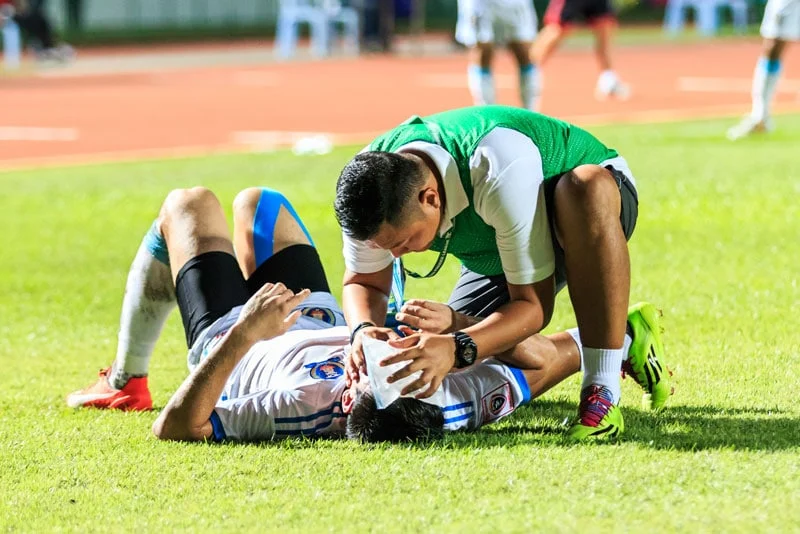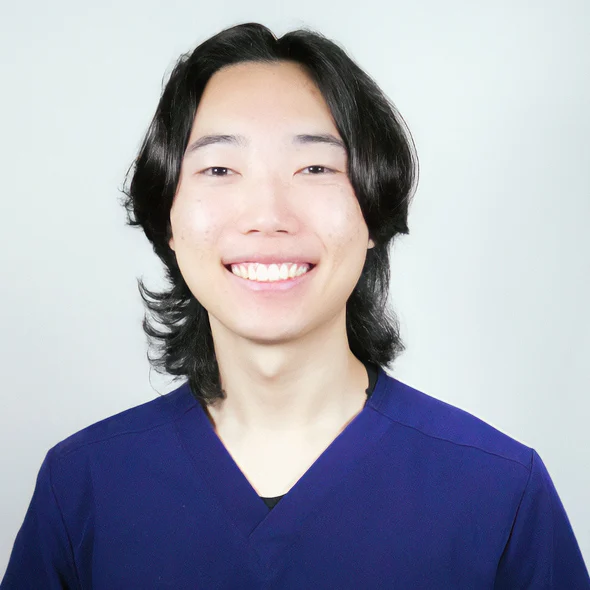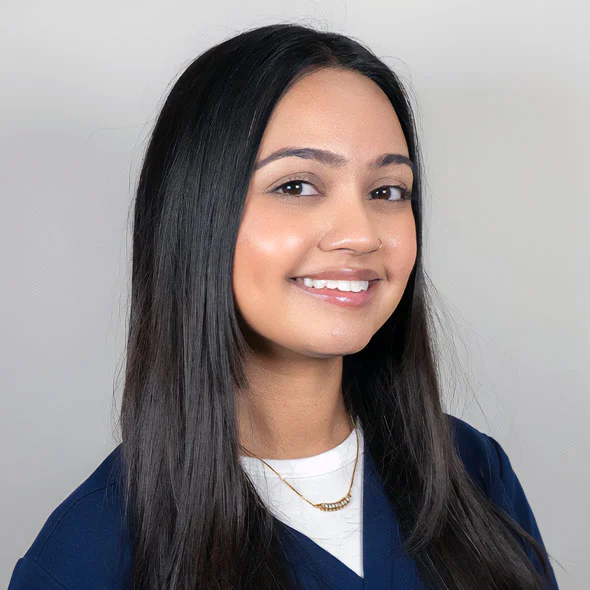The global demand for neurorehabilitation services is surging, with the market projected to reach USD 6.18 billion by 2032, growing at a CAGR of 13.68% (SNS Insider, 2024). This growth reflects a rising awareness of the critical role neurorehabilitation plays in recovery from conditions like stroke, traumatic brain injury (TBI), and concussion, and why specialized centers like Norcal Brain Center are essential in meeting this growing need.
Suppose you or a loved one is struggling with memory loss, dizziness, vertigo, brain fog, insomnia, or balance issues after a concussion or brain injury. In that case, neurorehabilitation can help you reclaim your quality of life and cognitive function.
Why the Demand for Neurorehabilitation is Increasing
Several factors are driving this growth:
- An aging population with increased neurological disorders
- Rising cases of traumatic brain injuries and concussions from falls, accidents, and sports injuries
- Increased awareness of neuroplasticity and functional recovery
- Technological advancements in neurorehabilitation tools, including robotics, virtual reality, and brain stimulation (SNS Insider, 2024)
In California alone, the need for specialized neurorehab services has grown alongside an increased demand for non-pharmacological approaches to address light sensitivity, brain fog, memory lapses, dizziness, and chronic fatigue post-injury.
Understanding Neurorehabilitation: More Than Just Therapy
Neurorehabilitation is a comprehensive, multidisciplinary approach to help individuals recover from neurological damage by leveraging neuroplasticity, the brain’s ability to rewire and form new connections. It goes beyond symptom management, focusing on restoring:
- Cognitive functions (memory, attention, problem-solving)
- Physical functions (balance, coordination, vestibular function)
- Emotional well-being (mood regulation, stress management)
- Autonomic nervous system regulation (addressing dysautonomia)
Research shows that targeted neurorehabilitation improves functional outcomes, reduces long-term disability, and enhances quality of life for patients recovering from stroke, concussion, and TBI (Dobkin, 2005).
Why Generic Care Isn’t Enough
Patients recovering from TBI, concussion, and vestibular disorders often experience:
- Memory issues and forgetfulness
- Difficulty falling or staying asleep
- Light and sound sensitivity
- Brain fog and cognitive fatigue
- Dizziness and vertigo
- Chronic headaches and migraines
- Nausea and imbalance
These symptoms can significantly impact daily life, and generic physical therapy or medication alone often fall short in addressing the complex, interconnected challenges of brain injuries (Masel & DeWitt, 2010).
Specialized neurorehabilitation centers like Norcal Brain Center fill this critical gap by offering comprehensive, individualized care that addresses the root causes and unique challenges of each patient’s recovery journey.
The Importance of Early Intervention
Early, targeted intervention is key in neurorehabilitation, with studies demonstrating that timely therapy enhances neuroplasticity, supports faster recovery, and reduces chronic symptoms (Langhorne, Bernhardt, & Kwakkel, 2011).
At Norcal Brain Center, our Neurorestoration Program utilizes advanced diagnostics and personalized protocols to address:
- Vestibular dysfunction
- Post-concussion syndrome
- Dysautonomia
- Cognitive impairments
- Sleep disorders and fatigue
- Balance issues and dizziness
What Makes Norcal Brain Center’s Approach Different
Our intensive neurorehabilitation programs combine:
- Functional neurology assessments to pinpoint areas of dysfunction
- Vestibular therapy for dizziness and balance challenges
- Neurofeedback and brain mapping to improve cognitive function
- GyroStim and neuromodulation technologies for targeted brain stimulation
- Lifestyle and nutrition coaching to support recovery holistically
We address not only the physical symptoms but also cognitive and emotional dimensions, helping patients manage insomnia, anxiety, and mood disturbances commonly associated with TBI and concussion.
The Role of Neurorehabilitation in Addressing Post-Concussion Symptoms
Concussion and TBI can lead to a range of persistent symptoms, including:
- Brain fog and poor memory
- Headaches and migraines
- Dizziness and vertigo
- Light sensitivity and sound sensitivity
- Sleep disturbances and chronic fatigue
- Emotional challenges (irritability, frustration, depression)
These symptoms can be debilitating, affecting work, relationships, and overall quality of life.
Our neurorehabilitation therapies are designed to help patients manage and overcome these challenges by targeting brain regions responsible for memory, balance, and cognitive processing, promoting neuroplastic healing and functional recovery.
How Norcal Brain Center Supports Neurorehabilitation
Our Neurorestoration Program is structured to:
- Provide data-driven assessments and progress tracking
- Offer personalized, intensive therapy plans
- Utilize cutting-edge technology and functional neurology principles
- Support emotional well-being and lifestyle adjustments
- Empower patients to participate in their recovery journey actively
The Science Behind Neurorehabilitation and Recovery
Research supports the effectiveness of intensive, task-specific neurorehabilitation in improving outcomes for patients with TBI and stroke (Veerbeek et al., 2014). Neurorehabilitation strategies improve motor control, cognitive processing, and sensory integration, which are essential for daily functioning and independence.
Moreover, incorporating cognitive training and vestibular rehabilitation has been shown to reduce post-concussion symptoms and improve quality of life (Gordon et al., 2016).
Why This Matters Now
As the global neurorehabilitation market expands, more patients will have access to specialized services that prioritize comprehensive recovery over symptom suppression alone.
Whether you’re dealing with post-concussion syndrome, memory issues, dizziness, or chronic fatigue, seeking specialized neurorehabilitation services can significantly improve your recovery outcomes.
Take the Next Step in Your Neurorehabilitation Journey
At Norcal Brain Center, we believe in the power of specialized, data-driven, and personalized neurorehabilitation to transform lives.
If you or a loved one is struggling with:
- Memory loss or brain fog
- Dizziness and vertigo
- Sleep problems and chronic fatigue
- Light sensitivity and headaches
- Post-concussion challenges
📞 Call us at (408) 585-5275 or
💻 Book your complimentary consultation here







